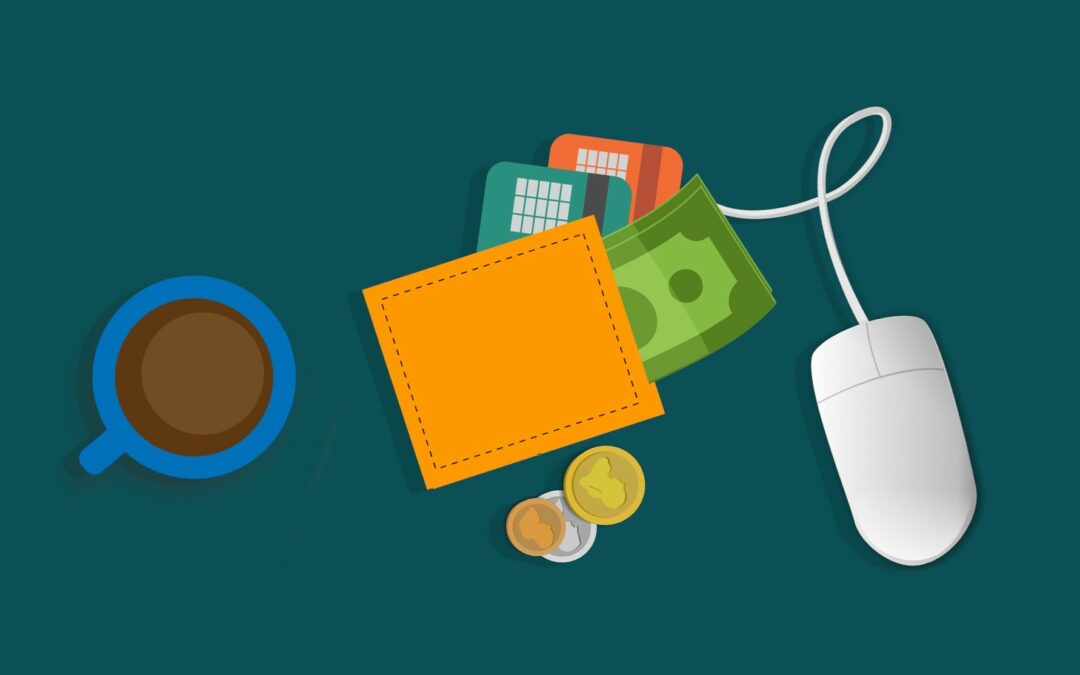A credit score is an individual’s credit history expressed in numbers. Credit history is a person’s ability to repay their debts. You can also think of it as your grade over the years on how responsible you have been in handling your loans, bills, lines of credit and other financial obligations.
How are credit scores measured?
A person’s credit score can range between 300 to 850, with 300 being the lowest and 850 is the highest.
- Excellent = 760-850
- Good = 670-759
- Fair = 580-669
- Bad = 300-579
It’s important to maintain a healthy credit score because it affects whether you receive a loan and the cost of the loan you receive. From a lender’s perspective, the higher your credit score, the more financially trustworthy you are.
What makes up a credit score?
Your credit score can be determined by several different companies such as FICO or VantageScore.
VantageScore, which is what we use at Lenme, is the latest method which was introduced by the 3 leading consumer credit bureaus, TransUnion, Experian and Equifax, in 2006. Although the exact formula isn’t shared, we do know which categories are used to calculate credit scores. VantageScore uses 6 main categories, each with different influences:
- Payment history: extremely influential
- Age and type of credit: highly influential
- Percentage of credit limit used: highly influential
- Total balances and debt: moderately influential
- Recent credit behavior and inquiries: less influential
- Available credit: less influential
Source: https://www.creditkarma.com/advice/i/vantagescore-vs-fico/
How can you improve your credit score?
Improving your credit score is not an impossible task, however, it is a process that requires time. Addressing the issues that are dragging it down as soon as possible will help you to quickly start improving your credit score. There are several things you can do to help you improve your score:
- Set up reminders to pay your bills on time
It is easy to forget to pay your bills on time or to lose them under a pile of endless stacks of mail or hiding somewhere in your inbox. Setting reminders of when you need to pay your bills will help you stay on track with your payments or, better yet, you can set up automatic payments. Paying your bills on time is one of the major contributing factors to your credit score. Prioritizing timely bill payments is an easy way to increase your score.
- Pay off credit card balances
Credits cards are one of the highest interest paying loans you can incur. Be sure to prioritize paying off your highest interest rate card first.
- Review your credit report
It is not unusual for lenders, credit companies or banks to make mistakes. While you are reviewing your report, if you do not recognize something or spot wrong dates, payments or penalties in one of your accounts, you may want to call these companies and correct it. It’s best to spend time trying to fix these mistakes than letting it affect your score.
These are only some ways to help you improve your credit score. No matter what your situation is, there are paths you can take to help you hike up your score and the sooner you address these problems, the sooner you can resolve them.
A sneak peek into borrower profiles
Lenme provides investors with information regarding the borrower’s credit score, annual income, payment history, etc. to help them make informed investment decisions.
Curious how borrower credit scores stack up? The graph below shows the credit scores of all Lenme borrowers and, as you can see, there is a wide range. Knowing a borrower’s credit score helps investors assess whether or not they will fund a loan and at what interest rate.
Lenme Borrowers’ Credit Score

Payment history is another metric provided to investors in the borrower’s profile. This number, which is expressed as a percentage, indicates whether or not the borrower has a history of late or missed payments. As you can see in the chart below, most borrowers on the platform have a 100% payment history. This type of information gives investors reassurance that their loan will be paid back.
Lenme Borrowers’ Payment History

A borrower’s annual income is also provided. Below is a graph depicting Lenme borrower’s annual income. There is a wide range starting from just under $20,000 up to just over $140,000.
Lenme Borrowers’ Annual income

Have any questions about credit scores or other topics you would like us to cover in the next blog post? Let us know in the comments below!

